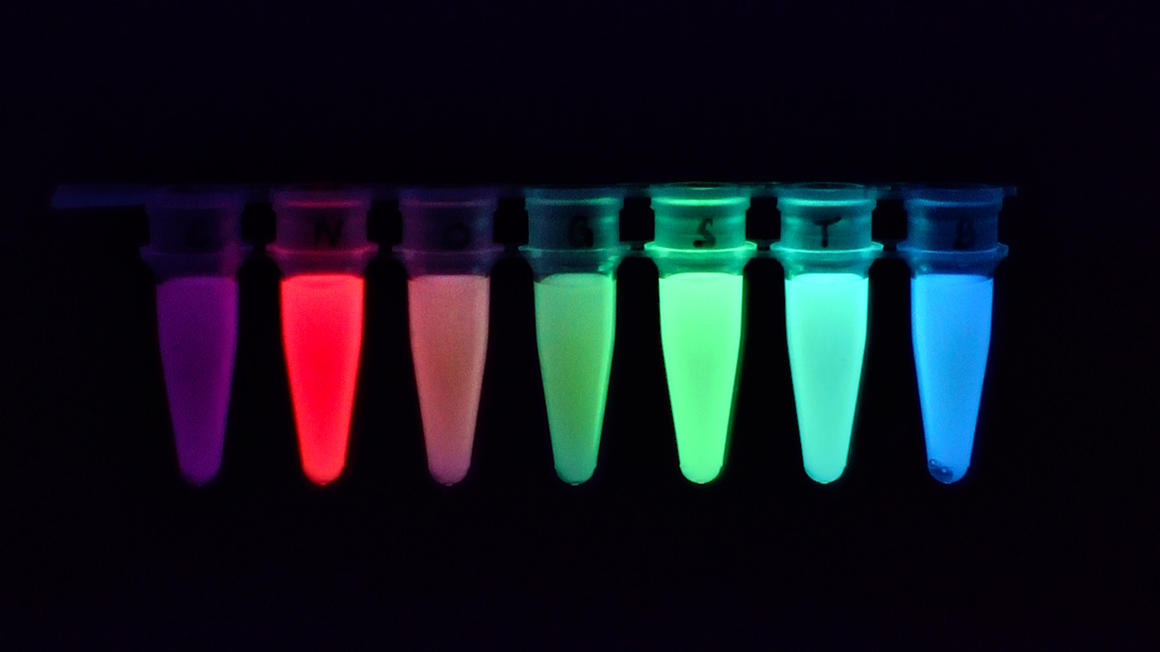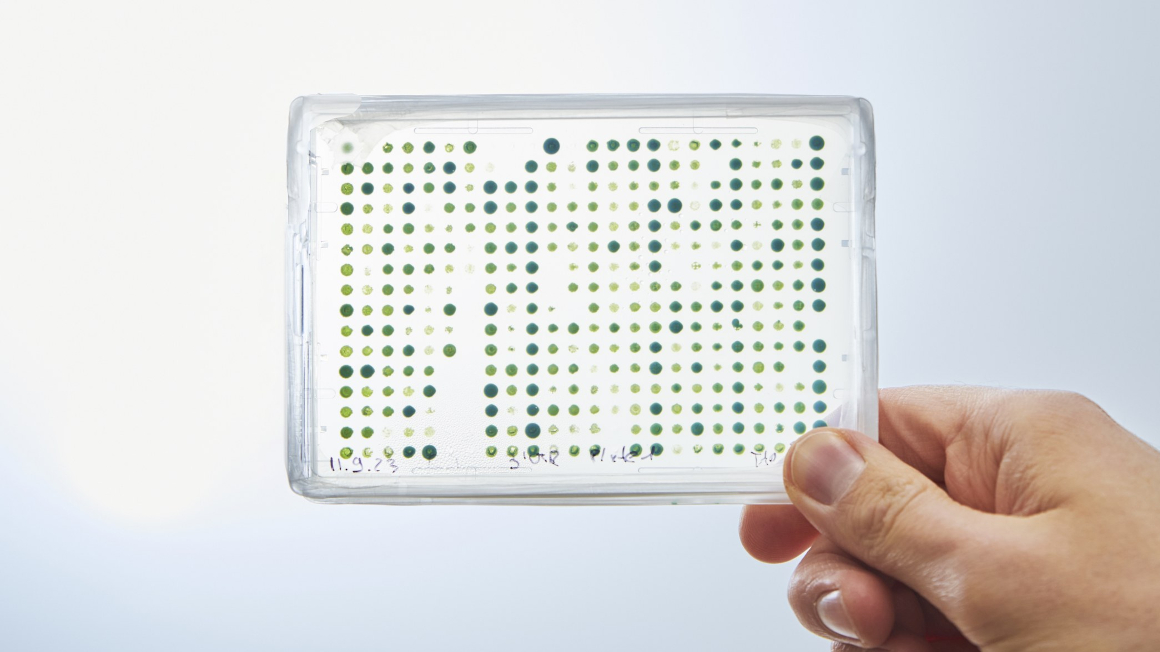ERC funding for the development of novel biosensors
Markus Jeschek, Professor of Synthetic Microbiology at the University of Regensburg, has received the European Research Council's 1.5 million euro ERC Starting Grant for the development of novel biosensors based on proteins and RNA.

With the ERC Starting Grants, the European Research Council annually funds outstanding research projects by excellent young scientists at the beginning of their careers. The researchers' projects are supported with a total of 1.5 million euros over a period of five years. One of those who was able to acquire the coveted funding is Markus Jeschek from the University of Regensburg. The professor of synthetic microbiology is receiving the funding for the project "Biosensing by Sequence-based Activity Inference" - BiosenSAI for short.
Detecting microbial product strains with biosensors
As part of the project, Jeschek's team will work on the data-driven development of novel biosensors consisting of proteins or RNA. These biosensors are intended to facilitate the detection of industrial product molecules such as basic chemicals, flavors or odors in industry. The desired molecules could be made visible by fluorescence, for example, and thus help in the search for new microbial production strains that can produce precisely this product from renewable raw materials.
Modeling biosensors "à la carte" with AI
To develop the novel biosensors, the researchers are using a high-throughput technology developed by Jeschek's team that allows biosensors to be better understood and modeled with high precision using machine learning. The researchers are relying on a combination of advanced molecular biology methods, such as next-generation sequencing, and machine learning through artificial intelligence. In the end, this combination should enable "computer-aided design of novel biosensors quasi à la carte." The biosensors developed in the BiosenSAI project are expected to find broad application in both chemistry and medicine and make processes more sustainable.
bb


